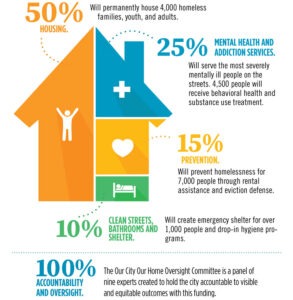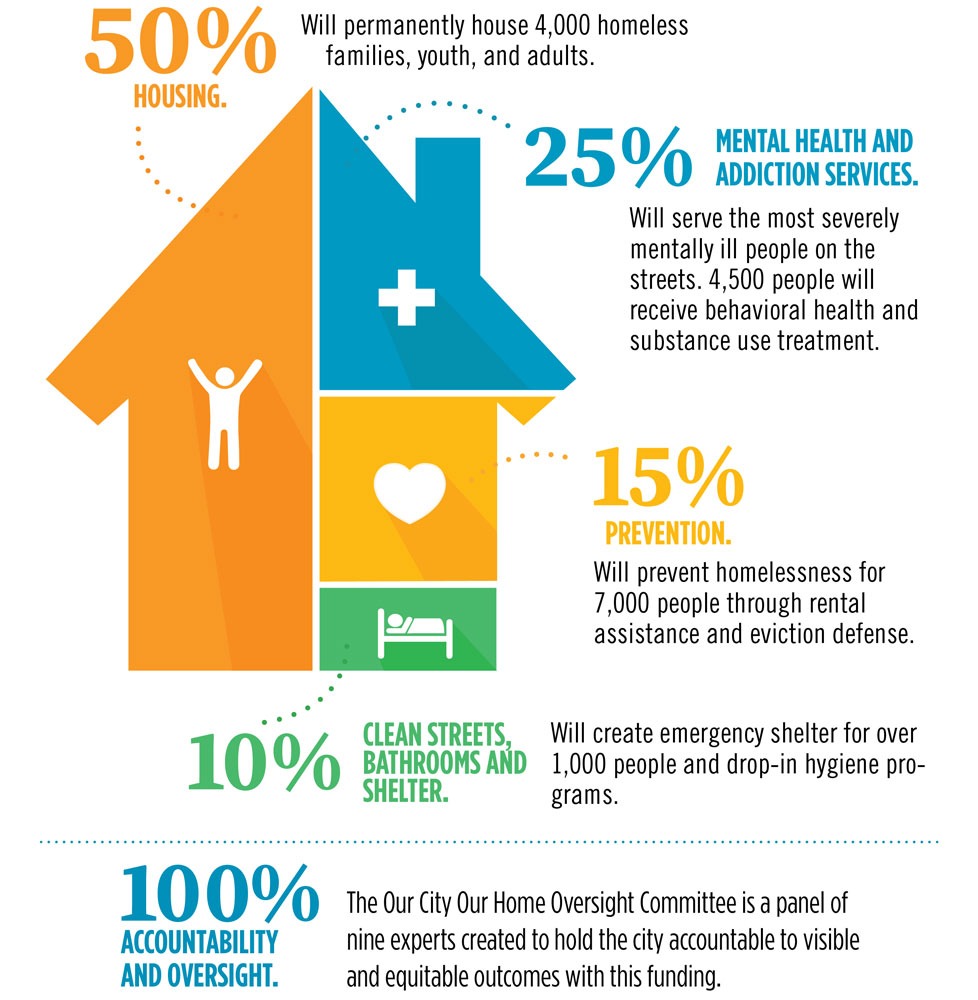July 14, 2011; Source: Rolling Stone | It all started with a letter to the Baltimore Sun. A federal employee named Simon Moroney wrote to criticize Sen. Ben Cardin’s support for Bono’s ONE campaign by describing U2 as “major tax evaders.” Moroney noted that U2 moved a portion of their business operations to the Netherlands after the all-but-bankrupt Irish government capped the amount of tax-exempt royalties that could be earned by Irish artists and musicians.
Moroney’s charges about alleged tax evasion aren’t new. Last month during U2’s performance at the prestigious Glastonbury music festival in England, an “anti-capitalist” group called Art Uncut tried to unfurl a 20-foot balloon with the words, “U Pay Your Tax 2,” though security guards wrested the protesters to the ground and deflated the protest balloon.
Responding to Moroney in the Sun, U2 lead guitarist The Edge wrote that there was no illegal tax evasion, that the Irish government had no problem with U2’s moving business operations to the Netherlands, and that U2 has paid “many, many millions of dollars in taxes to the United States Internal Revenue Service over the years.”
Sign up for our free newsletters
Subscribe to NPQ's newsletters to have our top stories delivered directly to your inbox.
By signing up, you agree to our privacy policy and terms of use, and to receive messages from NPQ and our partners.
Oddly, this all started over Cardin’s comments about Bono’s ONE campaign in response to a Sun op-ed that questioned ONE’s credibility. Cardin defended ONE in general terms and credited ONE’s advocacy for helping him and Sen. Dick Lugar “include language in the Wall Street Reform Bill that requires the disclosure of payments made by oil, mineral and gas companies to governments around the world, increasing transparency and accountability of those funds for the citizens living in these countries, which are rich in resources, yet often mired in poverty.”
Moroney had responded by questioning ONE’s charitable legitimacy on the grounds that many critics use to criticize celebrity charities: ONE serves “the purpose of either promoting U2 or giving Bono access to power at the nexus of celebrity and politics, usually both . . . The ONE campaign is a lobbying group with no mandate or accountability, set up by a man who is not even a U.S. citizen.”
The critique of ONE reflects perhaps a resentment of celerity charities and a bias about advocacy nonprofits, i.e., the charges that it is “a lobbying group with no mandate or accountability.” Bono and the Edge can debate Moroney about their tax postures toward Ireland, the Netherlands, and the U.S., but it seems like Moroney’s critique of the ONE campaign is way off the mark.—Rick Cohen













